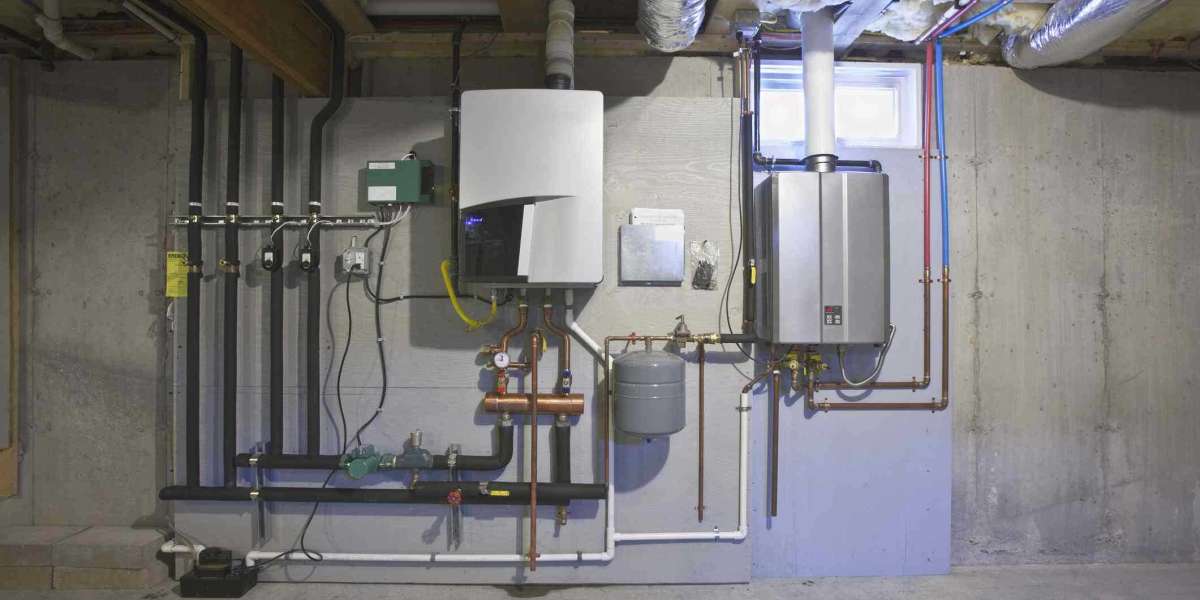Introduction: Understanding Tankless Coil Water Heaters
Tankless coil water heaters are an alternative to traditional tank water heaters, offering several advantages and drawbacks. Understanding these pros and cons is crucial for homeowners considering installing a tankless coil water heater in their homes. In this article, we'll delve into the benefits and limitations of these systems to help you make an informed decision.
Pros of Tankless Coil Water Heaters
Continuous Hot Water Supply: Unlike tank water heaters that store a finite amount of hot water, tankless coil water heaters provide hot water on demand. This means you'll never run out of hot water, making them ideal for households with high hot water usage.
Space Saving: Tankless coil water heaters are compact and do not require a large storage tank, freeing up valuable space in your home. This makes them suitable for smaller homes or apartments where space is limited.
Energy Efficiency: Since tankless coil water heaters only heat water when needed, they can be more energy-efficient than traditional tank water heaters. This efficiency can lead to lower energy bills over time, especially in homes with moderate to low hot water usage.
Longevity: Tankless coil water heaters typically have a longer lifespan compared to traditional tank water heaters. With proper maintenance, they can last up to 20 years or more, providing long-term cost savings.
Cons of Tankless Coil Water Heaters
Limited Hot Water Output: While tankless coil water heaters provide hot water on demand, they may struggle to keep up with high demand during peak usage times. Multiple simultaneous hot water demands, such as running the dishwasher while someone is showering, can overwhelm the system and lead to fluctuations in water temperature.
Initial Cost: The upfront cost of installing a tankless coil water heater is often higher than that of a traditional tank water heater. This includes not only the cost of the unit itself but also installation expenses, which may involve retrofitting existing plumbing and electrical systems.
Installation Complexity: Installing a tankless coil water heater requires careful consideration of your home's plumbing and electrical setup. Depending on the existing infrastructure, installation may be more complex and time-consuming compared to a traditional tank water heater.
Maintenance Requirements: Tankless coil water heaters require regular maintenance to ensure optimal performance and longevity. This includes descaling the heat exchanger to prevent mineral buildup, which can affect efficiency and potentially damage the unit if neglected.
Conclusion: Is a Tankless Coil Water Heater Right for You?
In conclusion, tankless coil water heaters offer several advantages, including continuous hot water supply, space-saving design, energy efficiency, and longevity.
However, they also have limitations, such as limited hot water output, higher initial costs, installation complexity, and maintenance requirements.
Before deciding whether to install a tankless coil water heater in your home, carefully weigh these pros and cons against your specific needs and preferences.
Consider factors such as your household size, hot water usage patterns, available space, budget, and willingness to invest in maintenance.
Consulting with a qualified HVAC professional can also provide valuable insights and help you make an informed decision that best suits your home and lifestyle.



